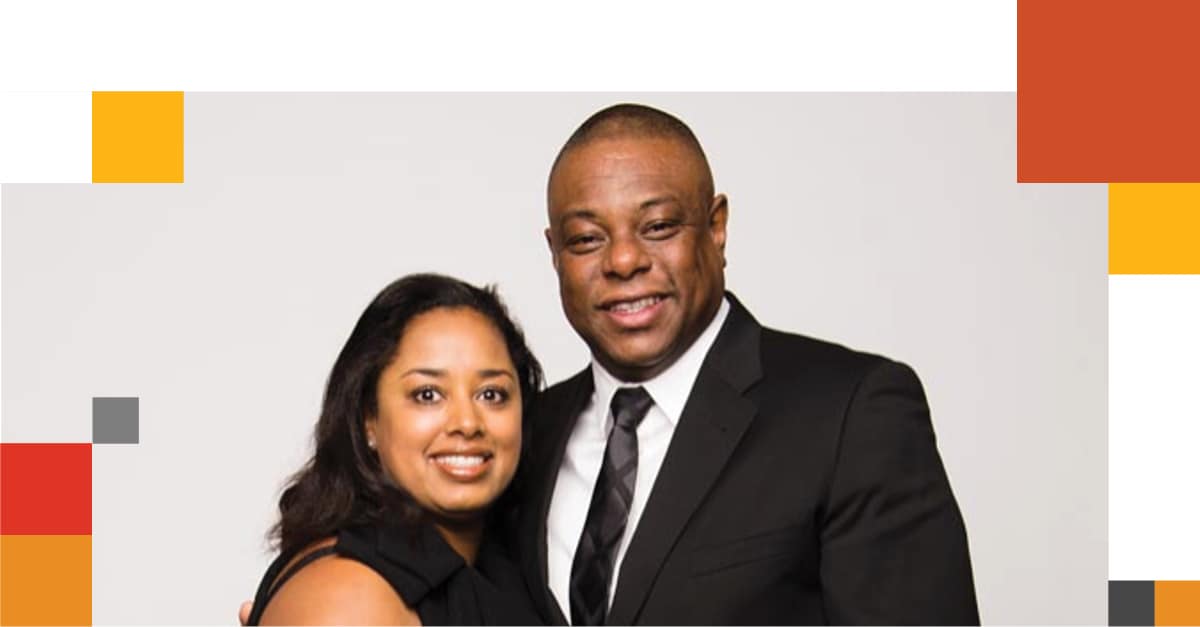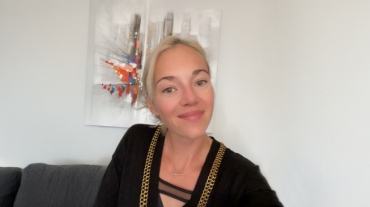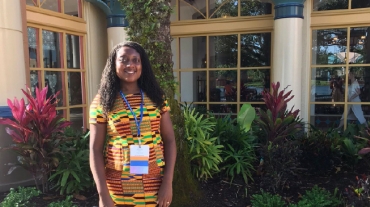
Lori-Ann:
For those not familiar with Onyx, can you tell us how you came up with this initiative?
Nigela:
Wayne and I started Onyx in the wake of the global social justice movement last summer. We were really troubled by the pervasive incidences of police brutality and racial injustice and the murder of George Floyd.
So, we started to think about what we could do. We knew that simply making a donation would not be sufficient. We identified a systemic gap in the recruitment and selection of Black college and university students and recent grads for roles in corporate Canada. Our not-for-profit is based on a very simple premise—that all people who seek meaningful employment should have equal access to do so—and one way to make that happen is by expanding the Black talent pipeline via cohesive, mutually beneficial partnerships between educational institutions and corporations to close the systemic gap.
Wayne:
A lot of what we were hearing from our corporate partners was it was difficult to find and recruit Black talent, but we knew the talent exists, so we decided that our main objective would be to help our corporate partners find high-potential candidates and help students and recent grads access key opportunities. They know the opportunities exist, but because of a lack of social capital and social networks, they don’t always participate in the recruiting process. We also decided that we needto do more than just get students and recent grads in the door. We want to make sure they are retained and are able to advance. We’ve set up the program to support them throughout their career journey.
Lori-Ann:
You’ve had a lot of engagement with corporate Canada. What has your message been to organizations, and what has the reaction been like?
Wayne:
The message is really emphasizing that inclusivity and diversifying your workforce lead to profitability. We are catering to empathetic employers that have realized the benefits of diversity, not just because of the events of last summer but because they’re looking at how they can differentiate themselves and gain an advantage.
It’s amazing the number of corporations that are already on board. Many of the TSX companies are now Onyx partners. They’re producing hundreds of opportunities for our students and recent grads. Those companies are going to benefit tremendously from having this diverse workforce.
Lori-Ann:
What’s the criteria for students and graduates to join the initiative?
Nigela:
The main criteria for applying is that you identify as Black and are enrolled in a Canadian college or university or you’ve graduated within 12 months. And then we use an assessment tool that helps us screen applicants by providing insight into their talents, work style and work preferences. This allows us to match them with different roles. We're trying to move away from the traditional way of assessing candidates, because there’s a lot of bias.
Lori-Ann:
We at PwC want some of those candidates. Part of our commitment under the BlackNorth pledge is to ensure that at least 5% of our student workforce is from the Black community by 2025. How will you help us get there?
Wayne:
We’re going to prepare some great candidates for you. We have 170 scholars in our current program, and it’s almost evenly split: 40% business, 30% STEM and about 30% the arts. It’s a wonderful distribution of talent to support all of corporate Canada. We curated a LinkedIn Learning Path for them with several mandatory online courses and recently hired a few coaches and are in the process of engaging mentors from across different sectors. These professionals will help our scholars by providing feedback and guidance on setting and achieving goals, navigating workplace situations, staying motivated, identifying and implementing additional learning opportunities and developing promotion and advancement strategies. We’ve already started to recruit for our next cohort.
Lori-Ann:
There are some great quotes on your website, and it’d be good to get a sense of what they mean to you. Nigela, yours is: “Stand for what is right. Even if it means standing alone.” What does that mean for you?
Nigela:
Wayne and I always tell our sons you’re known by the company you keep. So, we’ve always surrounded ourselves with people who are like-minded and worked with organizations that share the same beliefs and values. If people do not share our beliefs, we’re willing to walk away and stand alone, especially now, when the choice between doing the right thing and doing nothing is so consequential..
Lori-Ann:
Wayne, your quote is: “Walk good.” What does that mean as a person driving this initiative?
Wayne:
It’s a common saying in Jamaica. Sometimes, it’s a farewell: be good, walk good. I internalize it further. I think that as we walk through life, we have to leave footprints. The Onyx Initiative is our way of leaving our footprints on these crucial issues. For us, the whole concept of walking good is really about doing good.
Lori-Ann:
When you look back in X number of years, what does good look like?
Nigela:
For us, good looks like an expansive list of corporations from vast sectors that partner with us. Good looks like all the colleges and universities across Canada coming on board. It looks like our scholars, when we look at their LinkedIn pages, advancing into executive roles. We hope our alumni will give back and mentor our incoming scholars. Our goal is that in 10 years, we’ll be able to dissolve Onyx because equity, diversity and inclusion will be natural, organic facets of corporate Canada’s hiring, retention and promotion practices.





















